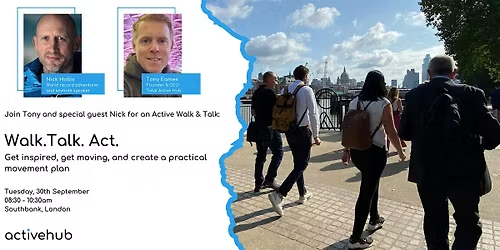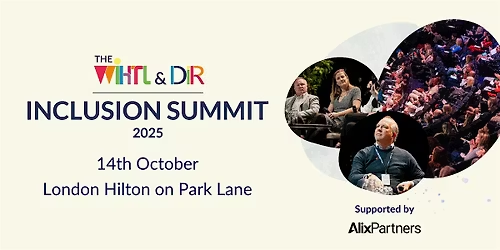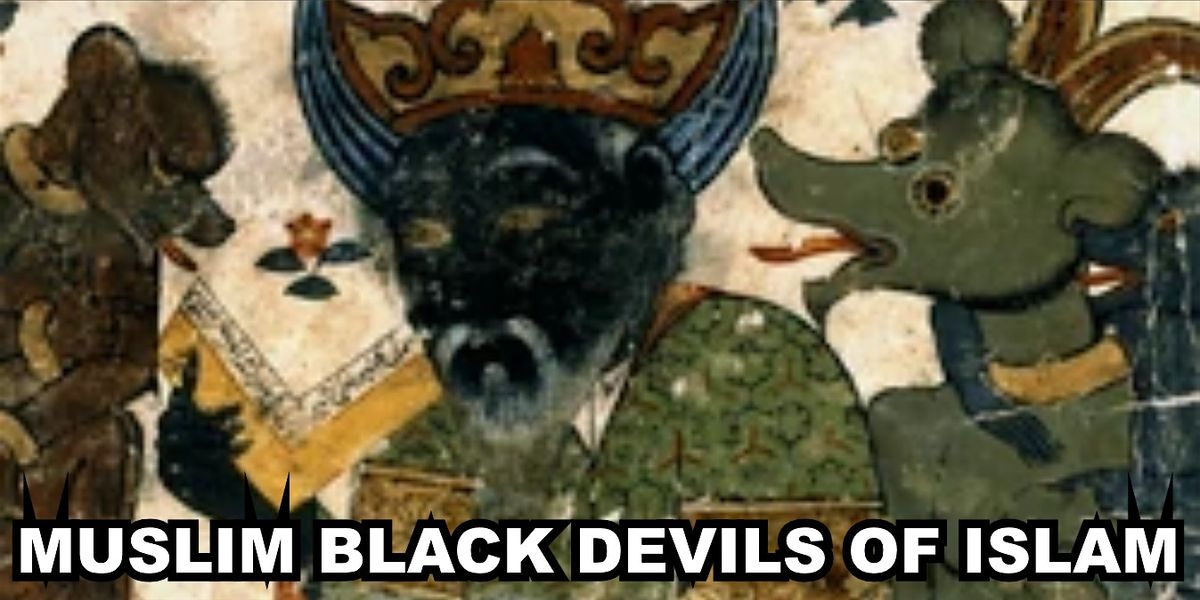
About this Event
ADEJA Meetings Addressing Anti-Black Racism in IslamIntroduction
In recent times, the African Diaspora Equity and Justice Alliance (ADEJA) has been holding weekly community consultations at Reparation Corner in Tottenham Haringey. These meetings serve as a platform for discussing crucial issues concerning the Black community, including the pervasive problem of anti-Black racism within Islam. In this article, we delve into the discussions and initiatives undertaken by ADEJA to address this pressing issue.
ADEJA: Advancing Equity and JusticeADEJA, short for the African Diaspora Equity and Justice Alliance, is a pivotal initiative dedicated to advancing the well-being, empowerment, and historical reparatory justice for Black Africans and the Black African diaspora. With a mission rooted in evidence-based claims, ADEJA seeks to create a transformative platform that fosters unity, empowerment, and reparatory justice.
Understanding Anti-Black Racism in IslamRacism within Muslim communities poses a significant concern, particularly for Black Muslims and Muslims of color. Reports indicate that Black Muslims often face discrimination and marginalization from other Muslims of non-Black backgrounds. This discrimination is deeply intertwined with historical legacies such as the Trans-Saharan slave trade, the Red Sea slave trade, and the Indian Ocean slave trade.
ADEJA's Confidence in Reparatory JusticeADEJA is confident that its pursuit of reparatory justice for Black and Mixed-Black individuals internationally will contribute to tackling anti-Black racism within Islam. By addressing historical inequities and fostering empowerment, ADEJA aims to create a more inclusive and just society for all members of the Black community.
Islamic Adherence to Equality StandardsIslamic adherence to equality standards, particularly those aligned with UK standards such as the Equality Act, holds promise in recognizing and addressing racial injustices. Unlike international organizations like the UN, AU, and EU, which often lack clarity in managing race, Islamic principles grounded in equality could offer a more robust framework for addressing racial discrimination.
Impact of Lack of Clarity in IslamHowever, the lack of clarity within Islamic teachings regarding race poses challenges to its effectiveness in serving justice internationally. Without clear guidance on racial equality and anti-discrimination measures, Islamic communities may struggle to effectively combat racism and promote racial justice.
Importance of Race as a Protected CharacteristicADEJA recognizes the importance of race as one of the Protected Characteristics under UK government standards. By acknowledging and addressing racial discrimination, ADEJA seeks to create a society where all individuals are treated equitably regardless of their race or ethnicity.
Shared Goals of Islam and ADEJABoth Islam and ADEJA share common goals of promoting peace, justice, and equality. By aligning their efforts, they can work towards creating a more inclusive and just society that upholds the rights and dignity of all individuals, irrespective of their race or background.
Leveraging Islam for Racial JusticeIslam has the potential to play a significant role in delivering racial justice and reparations. By emphasizing principles of equality, justice, and compassion, Islamic teachings can inspire individuals and communities to actively combat racism and promote social cohesion.
Emphasizing Clarity in Racial IdentityClarity in racial and ethnic identity is essential for progress to be made in addressing racial injustices. A clear understanding of racial dynamics and discrimination enables targeted interventions and policy measures aimed at promoting equality and justice.
Addressing Information Gaps in IslamThe lack of information about race relations within Islam poses a significant challenge to efforts aimed at combating racism. To effectively address racial injustices, it is imperative to fill these information gaps and promote dialogue within Islamic communities.
In conclusion, the ADEJA movement's efforts to address anti-Black racism within Islam reflect a broader commitment to promoting equity, justice, and reparations for the Black community. By fostering collaboration and dialogue, ADEJA aims to create a more inclusive and just society where all individuals are treated with dignity and respect, regardless of their race or background.

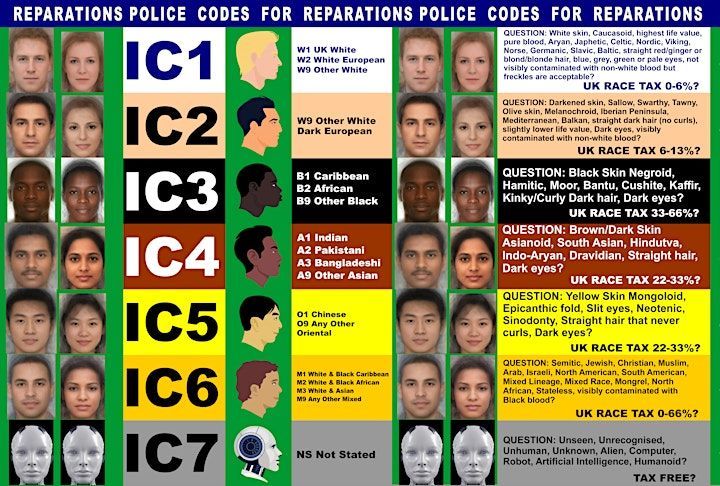

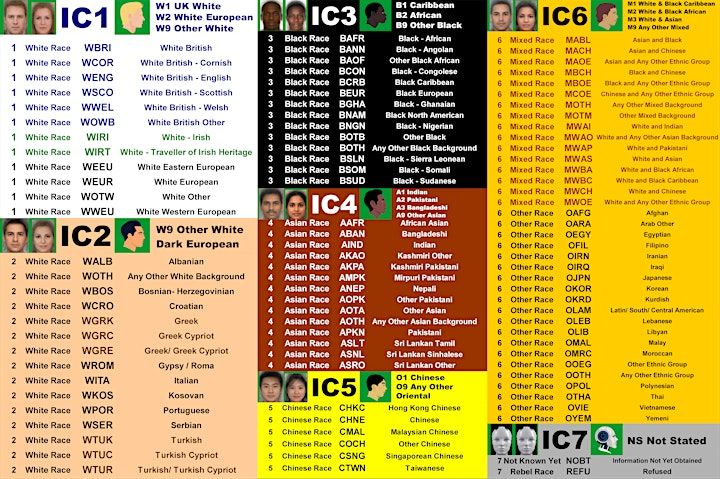
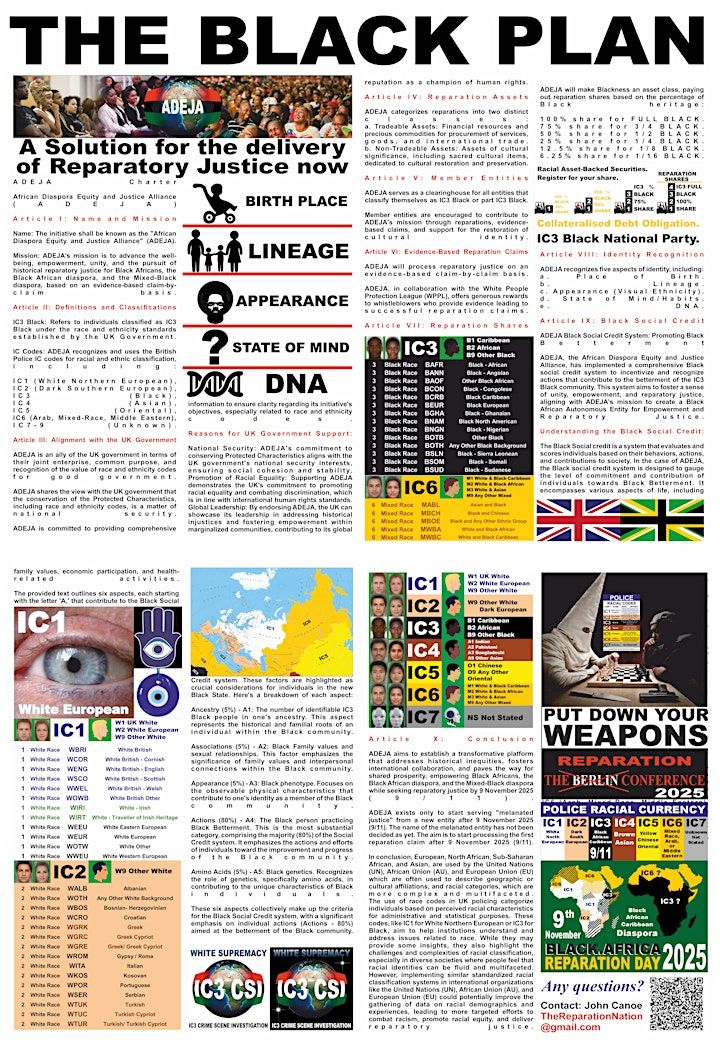
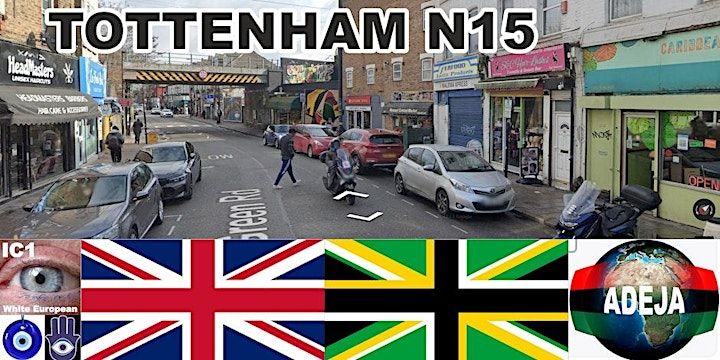
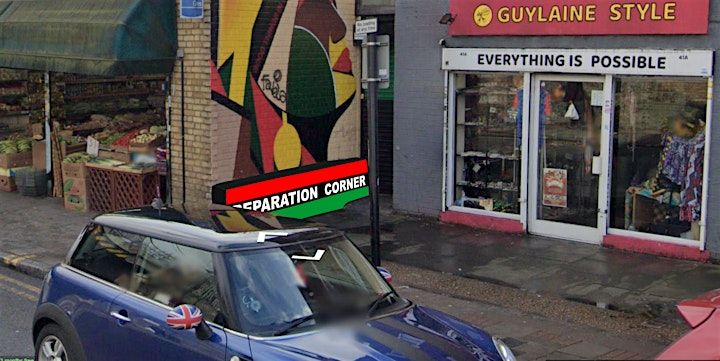
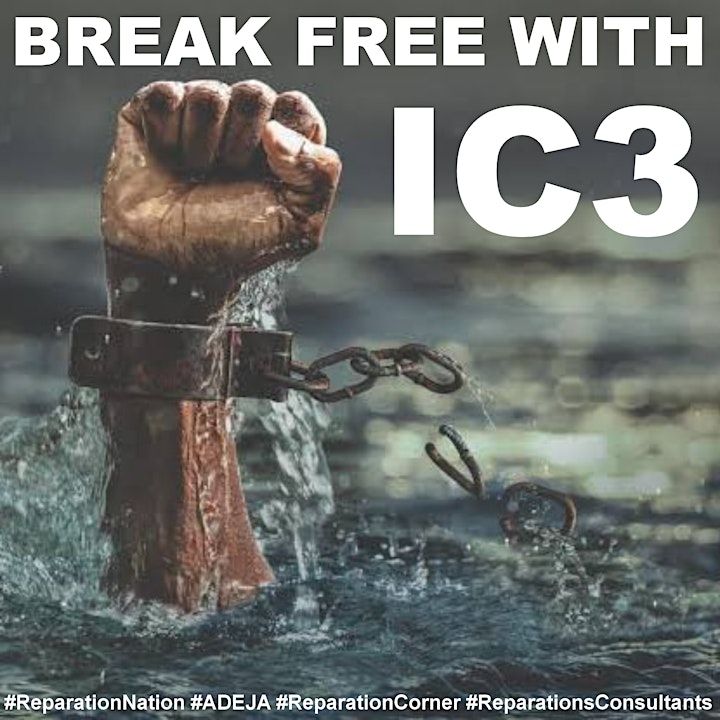

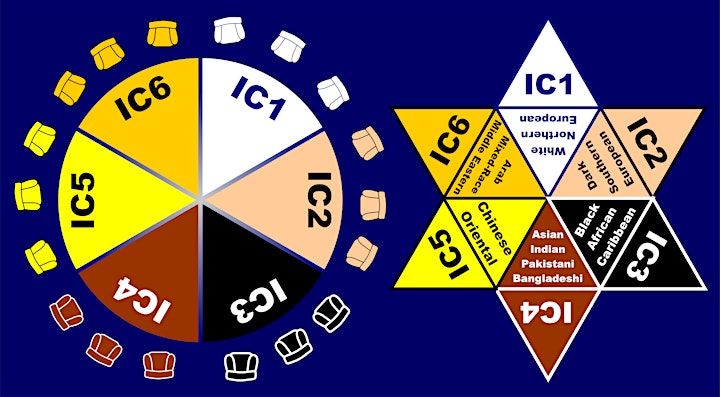
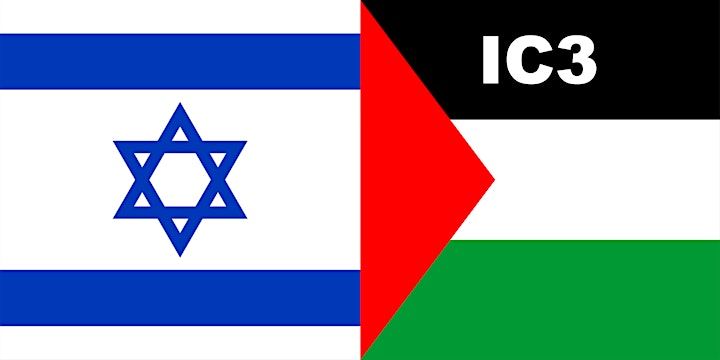
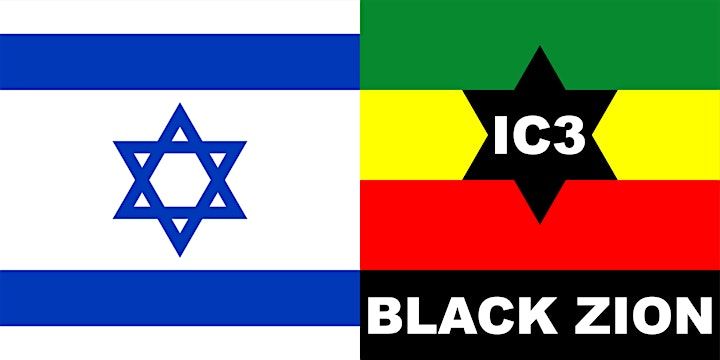
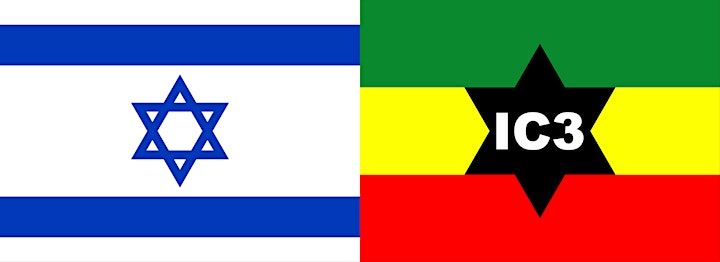

Event Venue & Nearby Stays
Reparation Corner, 41 - 47 West Green Rd, Tottenham, Haringey. N15, 41 West Green Road, London, United Kingdom
GBP 0.00









